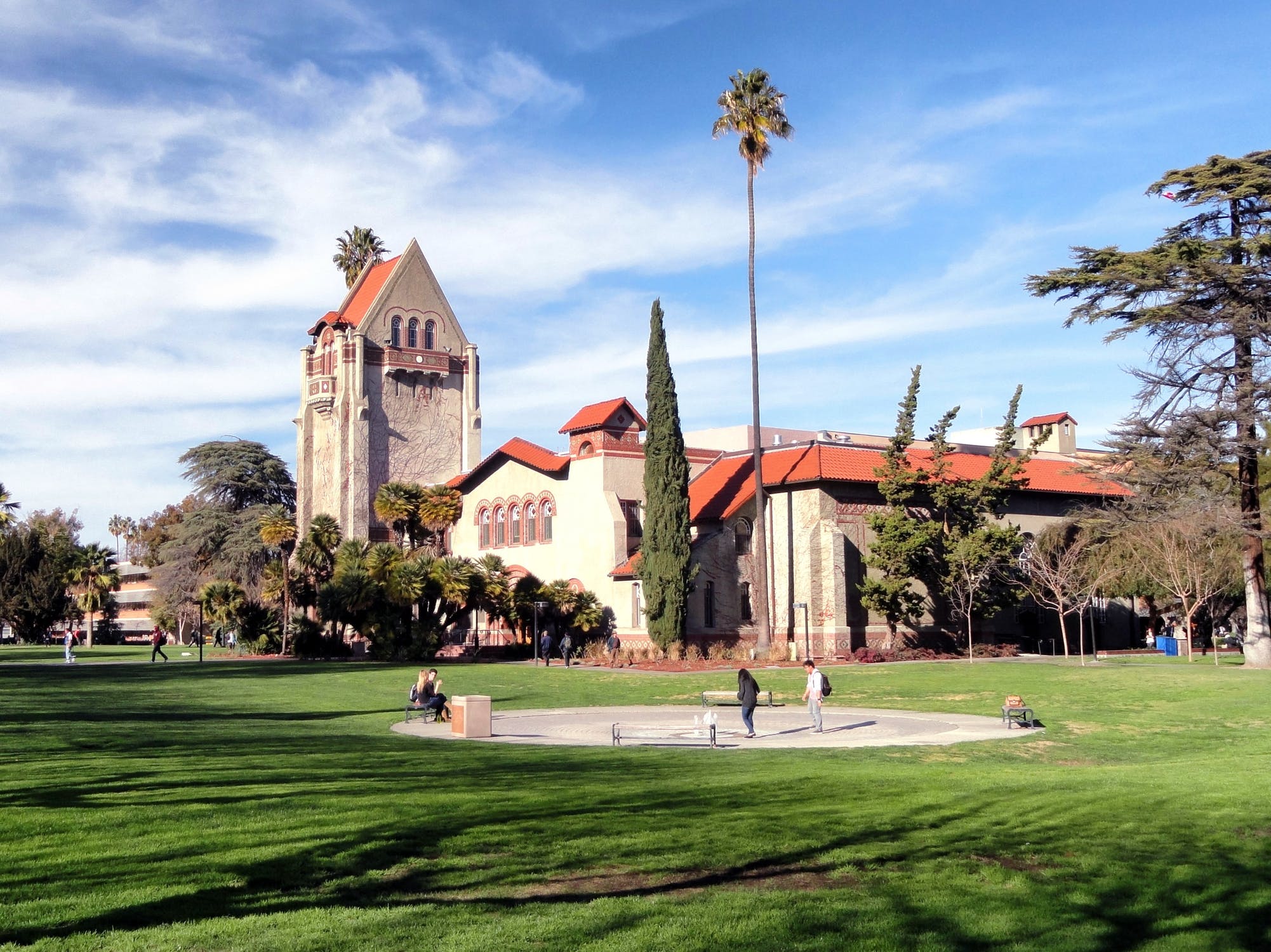Comments (3)
Debbie Simpson
In the end, grades do not even matter when you grow up...
Natalie Sullivan
The only thing grades show is a person's work ethic.
Graham Foran
I wish more people and parents understood this.

As we move toward the end of the academic year for many colleges and universities, it is perhaps useful for students to be reminded that the final grade for any given course is quite unlikely to have a long-lasting influence on your life.
Here are some thoughts from the syndicated newspaper column written by Calvin Trillin, which I would sometimes read to my introductory economics students on the last day of class. (I don't have an online link, but my notes tell me that I originally read the column in the San Jose Mercury News, May 26, 1990, p. 9C). Trillin wrote:
What I'm saying is that when it comes to college grades, there is a sort of statute of limitations.
It kicks in pretty early. By the time you're 28, nobody much cares whether or not you had to take Bonehead English or how you did in it. If you happen to be a pompous 28, wearing a Phi Beta Kappa key on your watch chain will make you seem more pompous. (If we're being absolutely truthful, the watch chain itself is a mistake.)
Go ahead and tell that attractive young woman at the bar that you graduated magna cum laude. To employ a phrase I once heard from a country comedian in central Florida, "she just flat out do not care." The statute of limitation has already run out.
This information about the statute of limitation ought to be comforting to the college seniors who are now limping toward commencement. In fact, it may be that commencement speakers -- some of whom, I regret to say, tend to wear Phi Beta Kappa keys on their watch chains -- ought to be telling the assembled degree recipients. Instead of saying 'life is a challenge' or 'commencement means beginning,' maybe a truly considerate commencement speaker would say, 'Take this degree, and, as to the question of how close you came to not getting it, your secret is safe with us.'
It's probably a good thing that after a while nobody cares. On the occasion of my college class' 25th reunion, I did a survey, using my usual scientific controls, and came to the conclusion that we had finally reached the point at which income seemed to be precisely in inverse proportion to academic standing in the class. I think this is the sort of information that students cramming desperately for the history final are better off not having.
A version of this article first appeared on Conversable Economist.
In the end, grades do not even matter when you grow up...
The only thing grades show is a person's work ethic.
I wish more people and parents understood this.
Timothy Taylor is an American economist. He is managing editor of the Journal of Economic Perspectives, a quarterly academic journal produced at Macalester College and published by the American Economic Association. Taylor received his Bachelor of Arts degree from Haverford College and a master's degree in economics from Stanford University. At Stanford, he was winner of the award for excellent teaching in a large class (more than 30 students) given by the Associated Students of Stanford University. At Minnesota, he was named a Distinguished Lecturer by the Department of Economics and voted Teacher of the Year by the master's degree students at the Hubert H. Humphrey Institute of Public Affairs. Taylor has been a guest speaker for groups of teachers of high school economics, visiting diplomats from eastern Europe, talk-radio shows, and community groups. From 1989 to 1997, Professor Taylor wrote an economics opinion column for the San Jose Mercury-News. He has published multiple lectures on economics through The Teaching Company. With Rudolph Penner and Isabel Sawhill, he is co-author of Updating America's Social Contract (2000), whose first chapter provided an early radical centrist perspective, "An Agenda for the Radical Middle". Taylor is also the author of The Instant Economist: Everything You Need to Know About How the Economy Works, published by the Penguin Group in 2012. The fourth edition of Taylor's Principles of Economics textbook was published by Textbook Media in 2017.
Leave your comments
Post comment as a guest